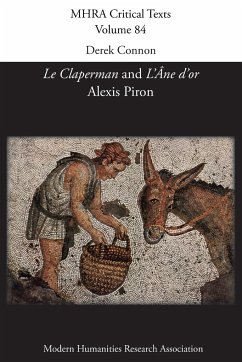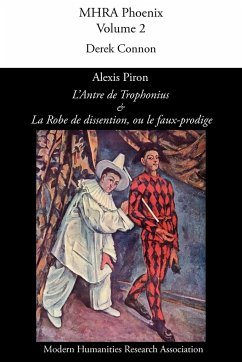When Alexis Piron embarked on his third tragedy Fernand-Cortés (1744) he was able to build on the experience of his second work in the genre, one of the most successful of its time, written eleven years before, Gustave-Wasa. However, his confidence in the play was shaken by a rowdy first night which led to an unsatisfactory first run, and he effectively withdrew it. Until, that is, he published a collection of what he thought were his most important works in 1758, when he wrote for it a new preface restating his confidence in it. The play certainly did not deserve that initial failure, but, as well as being worth reading for itself, it is of interest for other reasons too. 1736 saw the first performance of Voltaire's successful tragedy Alzire with a plot set in Peru with, as one of its central characters, an evil Spaniard who represents the harm done by the conquistadors in that country. Piron was one of those who shared what had become a traditional view of Hernán Cortés as a hero, so he set out to write a play showing that the Spanish mission to Central America was very different to the crimes of Pizarro in South America. Hence, the work not only has interest as being one of those occasions in the rivalry between Piron and Voltaire when the former did not better the latter, it also takes its place alongside Alzire as a contribution to the early stages of the debate about the legitimacy of colonization that would culminate in the publication of the Histoire des deux Indes. In French with introduction and notes in English.
Hinweis: Dieser Artikel kann nur an eine deutsche Lieferadresse ausgeliefert werden.
Hinweis: Dieser Artikel kann nur an eine deutsche Lieferadresse ausgeliefert werden.









